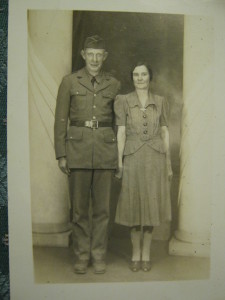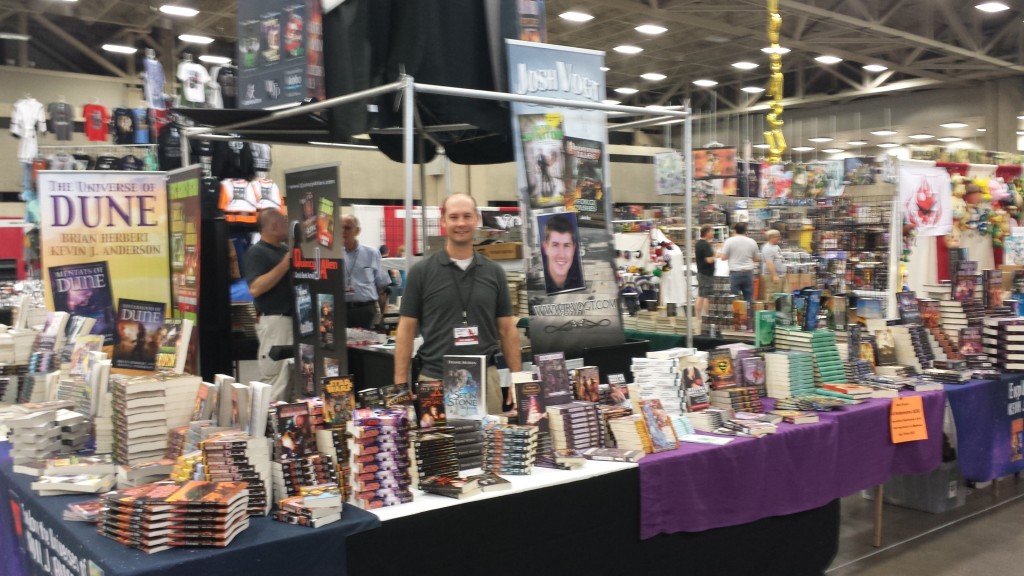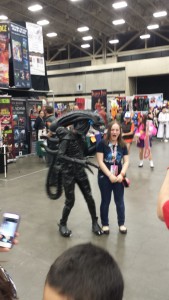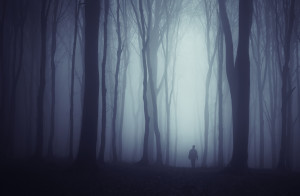 People always tell young authors, “Write what you know.”
People always tell young authors, “Write what you know.”
How does that work if I’m writing about a serial killer? Or writing about domestic violence? Or writing about sexual perversions? Or writing any excellent, creepy, messed-up-in-the-head villain? Does writing those types of genres or characters mean that I, as the author, must also be evil, creepy, or otherwise messed up in the head?
Many people seem to think so when they ask, “Where do you come up with this stuff?” Sometimes they say it in a tone of awe, but more often they whisper it in a fear-laced voice while nervously shuffling farther away.
Horror stories are popular, and the best bad guys are the complex, creepy ones that make you shudder to read about or view on the big screen. Does that mean Mary Shelley was really a mad scientist so that she could invent Frankenstein? Or that Thomas Harris, the writer of The Silence of the Lambs, was a psycho killer?
Of course not.
That’s like asking, was Steven Spielberg really an alien, or George Lucas a Jedi Knight? As much as we want to believe they might be, of course they’re not.
So how can you write what you know and at the same time write something there’s no way you could know?
That’s where the artwork and the imagination come in, where the mastery of craft and vision meld with experience.
To write great horror, an author needs to understand what scares people. We’ve all felt fear. A good author knows how to trigger that fear, make the reader feel like they’re in the dark woods with the hero, smelling the scent of decaying leaves crackling underfoot, hear the soft moaning of the wind clacking dead branches together overhead, sense movement in the shadows nearby, and feel absolutely sure that something is out there . . . watching.
If they can do that, they can write good horror. Or fantasy. Or whatever other genre they decide to pursue. Because writing draws from the human condition, and that is something writers need to know. Coupling that understanding with a powerful imagination and a willingness to step into the shadows of the mind to give life to a truly creepy villain is what produces memorable moments in fiction.
Is it a challenge as a writer to consider evil and not be tainted by it? Perhaps. But it’s not really different from the challenge faced by actors who portray villains or other deviant behavior. They have to act out the evil deeds. Writers need to talk about it, delve into the mind, try to imagine what might motivate a ‘bad’ person to do what they do. In both cases, the actor or author who is well grounded in their own life need not worry about getting sucked into the darkness they’re exploring for their fans.
Those cases where they do slide into darkness are usually caused because they lack that grounding, that strong sense of self. It’s seen most often among popular child actors who haven’t had a chance to discover who they are before being forced to pretend to be someone else. That’s got to be tough, and I think that’s why a lot of child actors have so much trouble as they get older.
Most authors begin really writing as adults, and we usually need other careers to support us for the difficult first years as we perfect our craft and develop the skills to break out as a writer. That time and experience helps ground us.
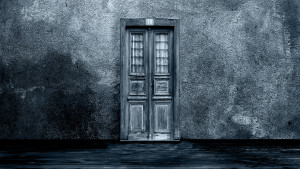
So study the human condition, explore the boundaries of your imagination, and know your own heart so you can always find your way back home.
Then when someone asks you, “How can you write such evil people so well?”
You can give them a slow smile and shrug. “I write what I know.”
About the Author: Frank Morin
 Frank Morin loves good stories in every form. When not writing or trying to keep up with his active family, he’s often found hiking, camping, Scuba diving, or enjoying other outdoor activities. For updates on upcoming releases of his popular Petralist YA fantasy novels, or his fast-paced Facetakers alternate history fantasy series, check his website: www.frankmorin.org
Frank Morin loves good stories in every form. When not writing or trying to keep up with his active family, he’s often found hiking, camping, Scuba diving, or enjoying other outdoor activities. For updates on upcoming releases of his popular Petralist YA fantasy novels, or his fast-paced Facetakers alternate history fantasy series, check his website: www.frankmorin.org
 2015 is drawing to a close, so it’s the perfect time to reflect on another year. As usual, most of us hit highs and lows, celebrated victories and limped through defeats. We climbed mountains of opposition and fought to stay focused and optimistic.
2015 is drawing to a close, so it’s the perfect time to reflect on another year. As usual, most of us hit highs and lows, celebrated victories and limped through defeats. We climbed mountains of opposition and fought to stay focused and optimistic. Frank Morin loves good stories in every form. When not writing or trying to keep up with his active family, he’s often found hiking, camping, Scuba diving, or enjoying other outdoor activities. For updates on upcoming releases of his popular Petralist YA fantasy novels, or his fast-paced Facetakers alternate history fantasy series, check his website: www.frankmorin.org
Frank Morin loves good stories in every form. When not writing or trying to keep up with his active family, he’s often found hiking, camping, Scuba diving, or enjoying other outdoor activities. For updates on upcoming releases of his popular Petralist YA fantasy novels, or his fast-paced Facetakers alternate history fantasy series, check his website: www.frankmorin.org
